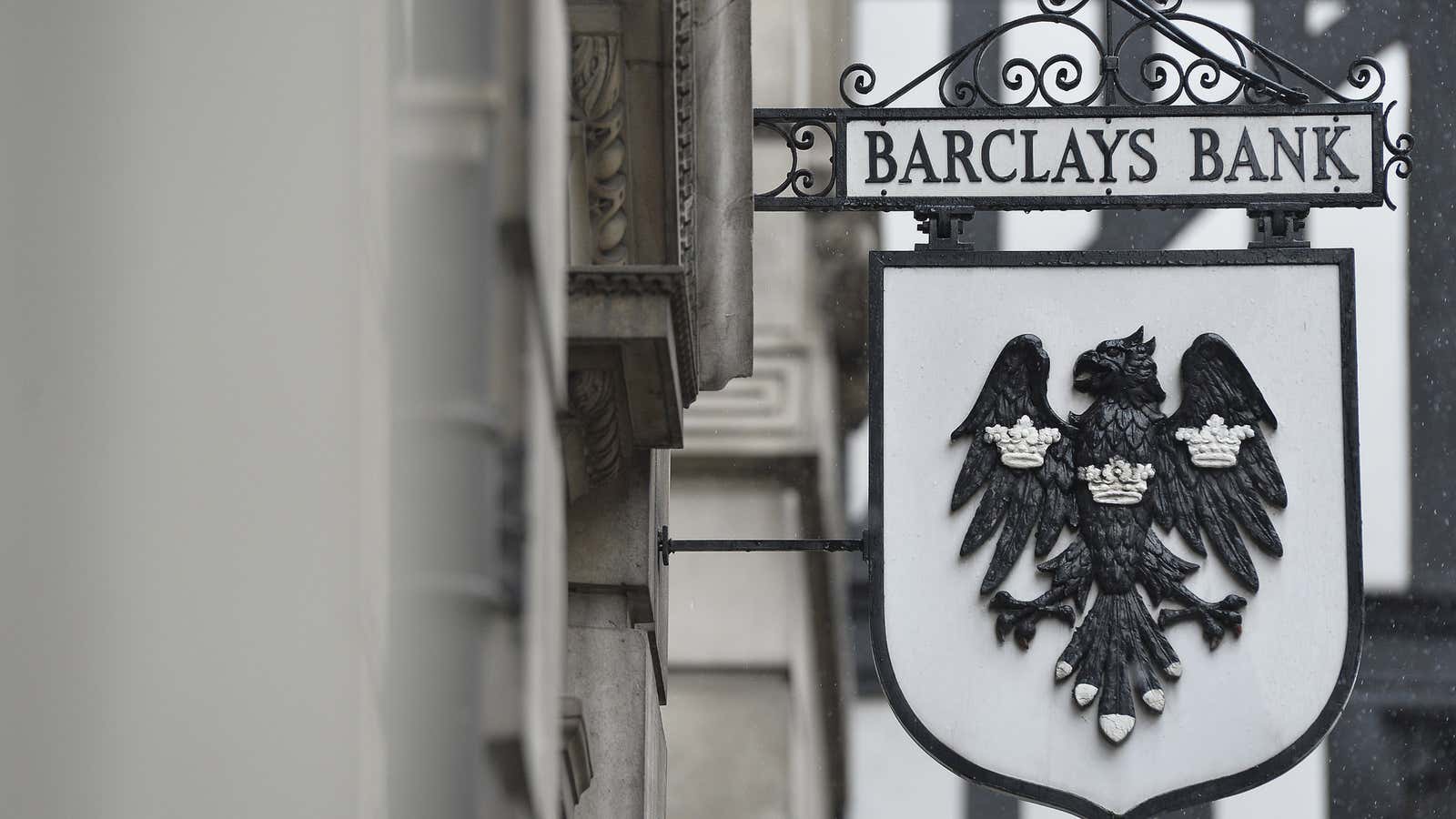The European Central Bank is currently conducting its much feared stress tests of Europe’s banks. While these tests will assess the health of the banks’ risky assets, the amount of capital they hold and the quality of their balance sheets, the stress test is needed on another facet of the banks as well: the employees.
In the banking industry, stress at work has grown extensively since the 2008 financial crisis. As a result, burnouts amongst employees have become an increasingly common phenomenon.
Sir Hector Sants, Barclays’ top executive and former FSA chief, felt so stressed and exhausted recently he resigned. This summer a summer intern at investment bank Merrill Lynch died after pulling three all-nighters. And a top lawyer at Hogan Lovells, one of the City’s most prestigious law firms, threw himself under a train after feeling stressed at work.
The UNI Finance Global Union, which represents finance and insurance workers around the world, recently published a report (pdf) arguing that the unhealthy lifestyles of bankers could presage the next phase of the financial crisis. Meanwhile Randstad, the recruitment giant, found that 48% of financial services employees say they are working harder than they were a year ago.
One-third of UK companies report regularly coping with employee burnout, according to financial recruitment consultancy Robert Half UK. A high workload, working overtime and unachievable expectations were cited as causes. But other symptoms that lead to a burnout include feeling a lack of power and influence at a firm, according to Karin Peeters, career coach at Vitalis.
The absence of influence has grown stronger since the crisis as people cling to their jobs and getting promoted has become harder. This in turn has a negative influence on employees’ physical and mental health, and thus on their performance.
Stress and sleep therapist Dr. Nerina Ramlakhan had previously told Quartz that the culture of working overtime has grown stronger over the past five years. She carries out corporate health assessments at large investment banks and has seen a 25% client increase in recent years.
Some firms have taken measures to avoid burnouts. Goldman Sachs is now urging its employees to take weekends off. Rather than logging onto their computer, the firm now wants employees to go for brunch on Saturdays. Entry passes for junior bankers are getting blocked from Fridays at 9pm to Sundays at 9am unless there is an imperative business justification, Jorge Alcover, Managing Director at Goldman Sachs recently told Quartz.
Goldman Sachs seems to be the only bank actively implementing new arrangements for its employees.When inquiring if others are taking an active approach to battle mental health issues and ensure work-life balance, the majority did not want to comment on the issue. Quartz reached out to BNP Paribas, Deutsche Bank, JP Morgan, Societe Generale, Barclays Bank, UBS, Citigroup, Credit Suisse, and Royal Bank of Canada.
If taking care of employees’ mental health issues is not prioritized at large banks, the burnout bubble will continue to grow, with bankers’ deteriorating health potentially heralding the next phase of the financial crisis.
